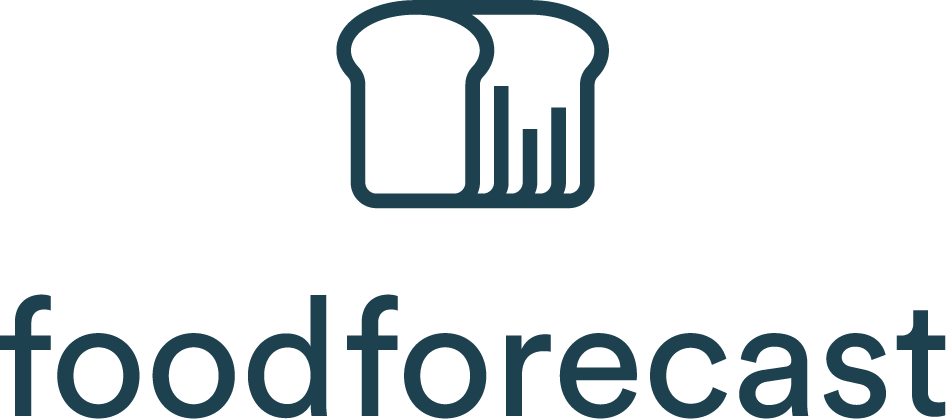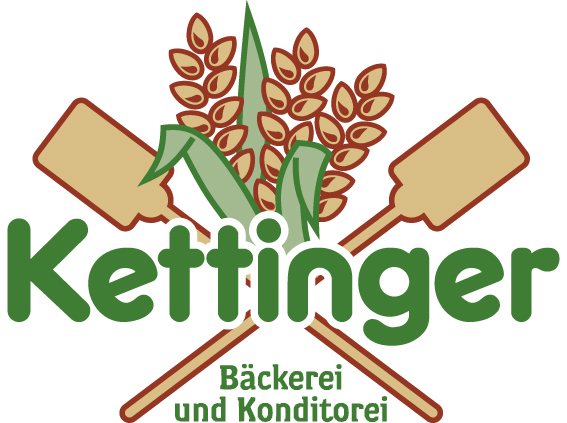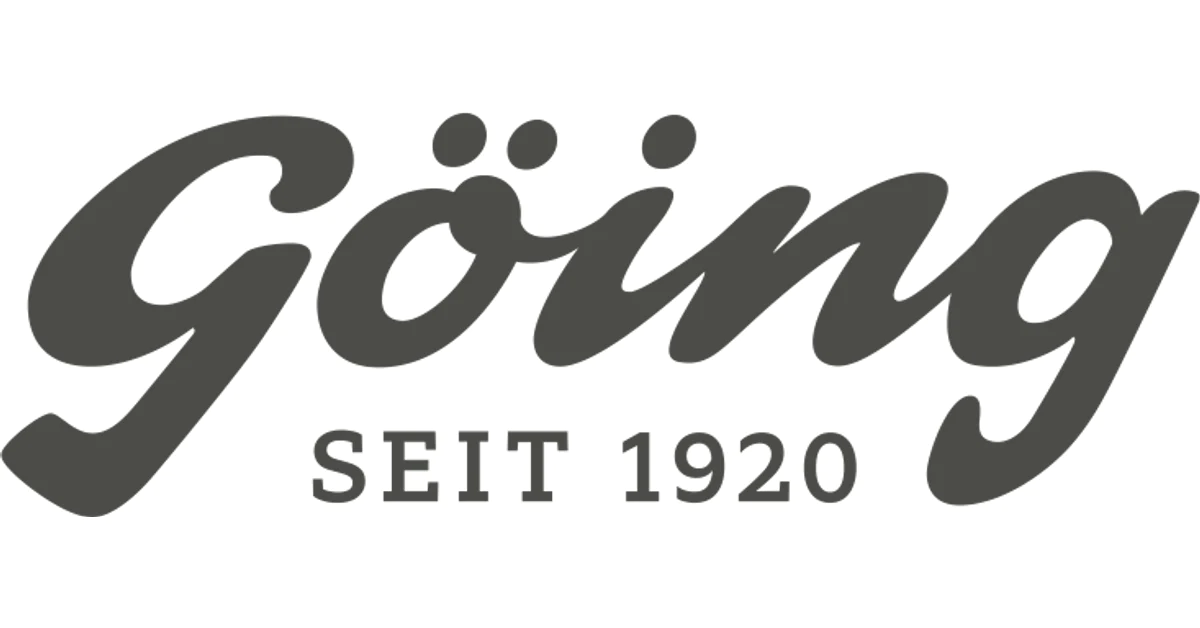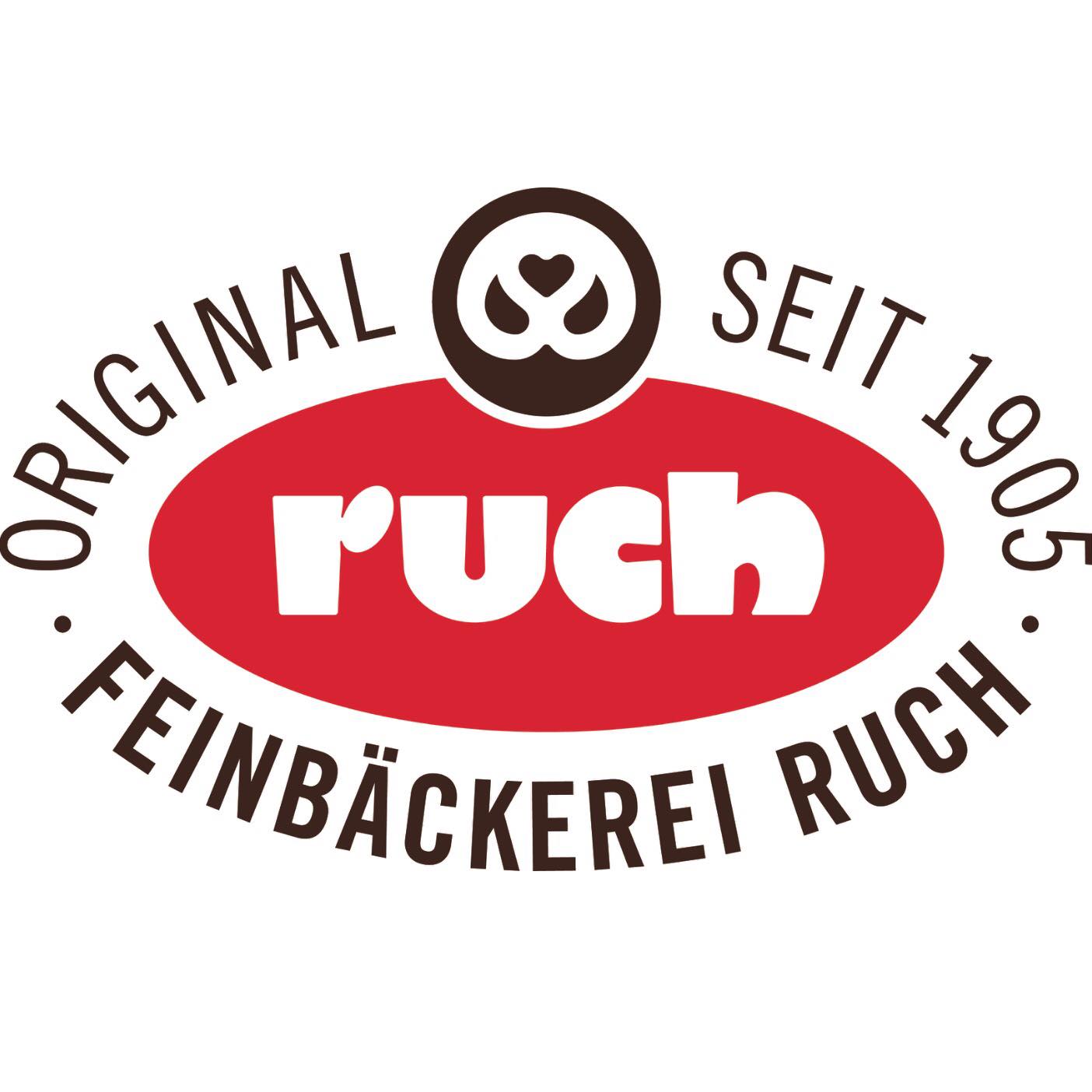Liebe Blogleserinnen und -leser,
in der heutigen Zeit stehen Unternehmen vor einer stets steigenden Anzahl an Herausforderungen. Langfristig gesehen sind die potenziellen Auswirkungen des Klimawandels wahrscheinlich die größte Herausforderung und es ist längst allgemein anerkannt, dass jeder Betrieb durch nachhaltiges Handeln einen Beitrag zur Bewahrung des Planeten leisten sollte. Doch welche Maßnahmen lassen sich konkret implementieren? Ich habe einige Anregungen und Tipps für euch zusammengefasst:
Tipp #1: Mitarbeiter einbeziehen
Aller Anfang ist schwer – deshalb gilt es, sich erst einmal einen Überblick zu verschaffen, welche Möglichkeiten es für mehr Nachhaltigkeit in deinem Unternehmen gibt. Bei der Ideenfindung sollten auch die Mitarbeiter einbezogen werden, denn dadurch entstehen kreative Lösungen. Gleichzeitig fördert dies auch die Identifikation mit den Maßnahmen und dem Unternehmen.
Tipp #2: Stromverbrauch reduzieren und auf erneuerbare Energien umstellen
Schaut euch euren Energieverbrauch genau an und identifiziert Bereiche eures Unternehmens, in denen ihr diesen verringern könnt. Sei es bei der Beleuchtung, Heizung oder Technik, oft gibt es viele kleine Stellschrauben, die zusammengenommen eine große Veränderung im Stromverbrauch bewirken.
Überprüft auch, woher ihr euren Strom bezieht und stellt auf erneuerbare Energien aus Sonne, Wind und Wasser um. Dadurch verringert ihr euren CO2-Ausstoß, steigert langfristig die Effizienz eures Unternehmens und senkt dadurch eure Kosten. Die Bundesregierung fördert ebenfalls die zukunftsorientierten Maßnahmen.
Tipp #3: Mit nachhaltigen Verpackungen arbeiten
Immer mehr Verbraucher achten bei ihrer Kaufentscheidung bewusst auch auf die Verpackung und das solltet ihr bei der Herstellung ebenfalls tun. Verwendet so wenig Verpackung wie möglich und nutzt nachhaltige Materialien. Hier einige Beispiele:
• Biologisch abbaubare Verpackungen z.B. aus Holz
• Kunststoff aus nachwachsenden Rohstoffen wie Maisstärke
• Recyclingpapier und -karton
Wichtig für nachhaltige Verpackungen ist, dass die Rohstoffe ressourcenschonend gewonnen und umweltfreundlich entsorgt bzw. recycelt werden können.
Tipp #4: Auf eine regionale und nachhaltige Lieferkette achten
Kein Unternehmen ist eine Insel, deshalb solltet ihr nicht nur euer eigenes Unternehmen in punkto Nachhaltigkeit beleuchten, sondern auch eure Lieferanten und Partner. Kann der Transportweg der (Vor-)Produkte z.B. durch die Wahl eines regionalen Lieferanten verringert werden? Wie sehen die Umwelt- und Sozialstandards bei euren Partnern aus? Achtet bei der Produktion auch auf Nachhaltigkeitssiegel wie Bio – oder Fair-Trade-Labels.
Tipp #5: Zero Waste – Müllvermeidung
Wenn es um Nachhaltigkeitstrends geht, so steht 2022 der Lebensstil „Zero Waste“ (=kein Müll) ganz oben auf der Liste. Das Ziel ist es, im Haushalt möglichst keinen Müll zu produzieren. An der 3R-Regel (Reduce – Reuse – Recycle) können sich auch Unternehmen orientieren:
Reduzierung von Müll und Verpackungen
Unternehmen produzieren unterschiedliche Menge und Arten von Müll – findet Wege, diesen in eurem Betrieb zu reduzieren.
Wie sieht es mit eurem Papierkonsum aus? Könnt ihr diesen minimieren, indem z.B. weniger gedruckt und mehr digital gearbeitet wird? Viele Unternehmen entwickeln in diesem Bereich nachhaltige Lösungen wie die Einführung von digitalen Kassenbons im Einzelhandel. Der Kunde erhält seinen Bon, indem er beispielsweise einen QR-Code oder seine Kundenkarte scannt.
Sind eure Produkte z.B. verpackt, überprüft, ob diese Verpackung notwendig ist und ob der Verpackungsanteil, insbesondere der Plastikanteil, reduziert werden kann. Beispiele sind Obst und Gemüse, die im Supermarkt sowohl lose als auch verpackt vorzufinden sind.
Ein wichtiges Thema ist auch die Vermeidung von Lebensmittelverschwendung, denn jeden Tag wird in Deutschland frische Ware weggeworfen, die nicht abverkauft wurde. Bevor alles in der Tonne landet, spendet beispielsweise die übriggebliebenen Reste. Nachhaltiger und wirtschaftlicher ist es jedoch, erst gar keinen großen Überschuss an Produkten zu produzieren. Der digitale Fortschritt bietet hier vielfältige Lösungen, denn mit der Integration der richtigen Software werden Verkaufsprognosen so genau, dass ihr nur noch bestellt, was auch abgenommen wird.
Unternehmen wie foodforecast bieten euch z.B. eine Software auf Basis von künstlicher Intelligenz, die historische Verkaufsdaten mit externen Einflussfaktoren kombiniert. So entsteht täglich eine automatisierte und genaue Verkaufsprognose.
Wiederverwendung von Produkten und Upcycling
Es ist wichtig, Ressourcen wertzuschätzen. Bevor also etwas weggeworfen wird, überlegt doch einmal, ob es keinen zweiten Lebenszyklus für das Produkt gibt.
Beim sogenannten Upcycling werden beispielsweise ausrangierte Produkte zu neuen Produkten umgearbeitet. So werden Europaletten z.B. zu Gartenmöbeln umfunktioniert. Auch die Nutzung von Recycling-Papier oder die Vermeidung von Einwegprodukten sind Möglichkeiten, um Ressourcen zu sparen. Bestenfalls regt ihr auch eure Kunden zum Umdenken an. Als Café-, Bäckerei- oder Supermarktbesitzer könnt ihr z.B. durch Rabatte Anreize für Kunden schaffen, die ihren eigenen Kaffeebecher oder die eigene Box für den Lebensmitteleinkauf mitbringen.
Recycling
Im 3. Schritt auf dem Weg zu „Zero Waste“ steht die Müllverwertung. Wenn sich der Abfall nicht vermeiden lässt, dann sollten die Stoffe dennoch wiederverwertbar sein. Die PET-Flasche z.B. wird somit in ihre Ausgangsmaterialien zerlegt und das Granulat für neue Produkte wie Rucksäcke oder Textilien genutzt. Als Unternehmen könnt ihr also darauf achten, sowohl recyclingfähige Materialien zu verwenden als auch Produkte zu kaufen, die aus recycelten Stoffen hergestellt wurden.
Wie wir gesehen haben, gibt es vielfältige Möglichkeiten für Unternehmen, nachhaltiger zu wirtschaften. Egal auf welcher Ebene, wichtig ist es, jetzt zu handeln. Wir von foodforecast unterstützen euch gerne dabei, die Lebensmittelverschwendung innerhalb eures Unternehmens mit dem Einsatz unserer KI-Software zu reduzieren. Kontaktiert uns, um mehr über unsere KI-Software zu erfahren und wie wir eure Verkaufsprognosen durch „Machine Learning“ optimieren.
Letzte Beiträge
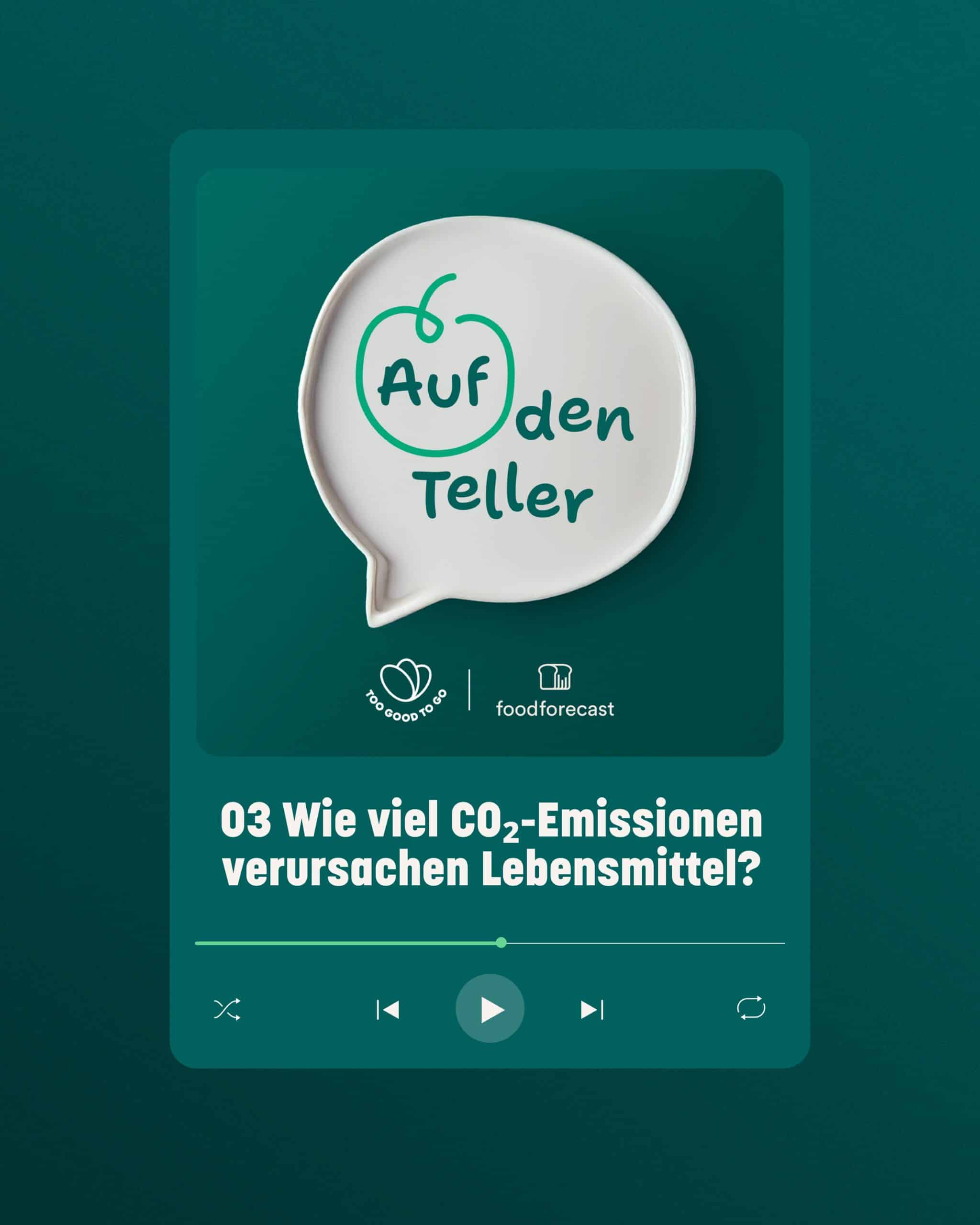
🌍 Lebensmittelverschwendung & Klimawandel – Wie groß ist der Einfluss wirklich? ♻️🔥

Unser Vortrag auf der iba.TRADE FAIR 🎤

👋 Meet the Team: Nina aus dem Bereich Customer Success 🤝

Save the date! 📢

🚨 Lebensmittelverschwendung: Ein Problem mit vielen Ursachen 🚨
Rückruf anfordern
Gerne rufen wir Sie zeitnah zurück, um mit Ihnen persönlich zu sprechen
